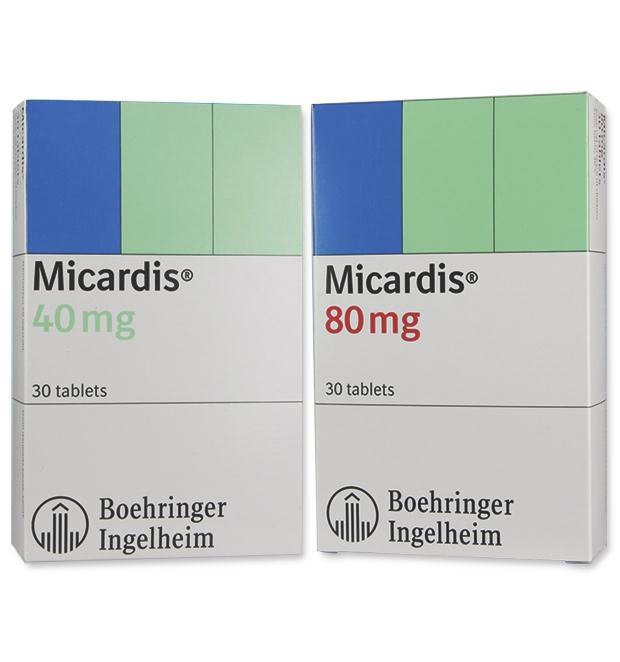Boehringer agrees to pay $13.5M to settle misleading marketing charges
Ridgefield-based drug maker Boehringer Ingelheim Pharmaceuticals Inc. will pay $13.5 million to resolve claims by state attorneys general that it used deceptive and misleading marketing to promote the use of four of its prescription drugs for unapproved purposes.
The settlement, joined by all 50 states and the District of Columbia, requires Boehringer Ingelheim to reform its advertising practices.
 The announcement of the settlement was made Wednesday by New York Attorney General Eric T. Schneiderman. “Drug companies that misrepresent their products dangerously jeopardize patients”™ health in order to increase profits,” he said. “Consumers should be able to trust that the advertised benefits of prescription drugs are supported by scientific evidence, not exaggerated claims.”
The announcement of the settlement was made Wednesday by New York Attorney General Eric T. Schneiderman. “Drug companies that misrepresent their products dangerously jeopardize patients”™ health in order to increase profits,” he said. “Consumers should be able to trust that the advertised benefits of prescription drugs are supported by scientific evidence, not exaggerated claims.”
If the settlement receives court approval, New York would receive $490,341 and Connecticut would receive $186,357.19.
At issue was Boehringer Ingelheim’s marketing of the drugs Micardis, Aggrenox, Atrovent and Combivent. Specifically, the states alleged the company misrepresented that:
- Micardis, a hypertension medication, protected patients from “early morning risks” of strokes and heart attacks and treated metabolic syndrome when, in fact, the company had no evidence to substantiate those claims.
- Aggrenox, an antiplatelet drug, was effective for many conditions “below the neck” ”“ such as heart attacks and congestive heart failure ”“ and that it was superior to a better-known competitor, Plavix, without evidence to substantiate those claims.
- Atrovent, also used to treat chronic obstructive pulmonary disease (COPD) and asthma, and Combivent could be used at doses that exceeded the maximum dosage recommendation in the product labeling and that they were essential for treatment of COPD; and
- Combivent, a medication used to treat COPD and asthma, could be used as a first-line treatment for bronchospasms associated with COPD, when Combivent is not indicated as a first-line treatment.
In addition to the settlement funds, Boehringer Ingelheim will be required to ensure that its marketing and promotional practices do not unlawfully promote those prescription drugs. The company will limit product sampling of the four drugs to health care providers whose clinical practice is consistent with the product labeling and will refrain from offering financial incentives for sales that may indicate off-label use of the four drugs.
Additionally, Boehringer will ensure that clinically relevant information is provided in an unbiased manner that is distinct from promotional materials.
The multistate investigation was led by the attorneys general of Kansas and Pennsylvania.